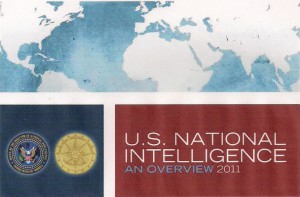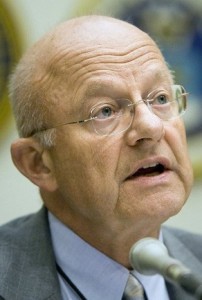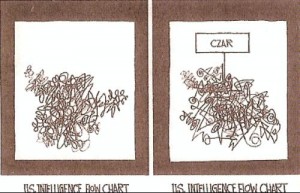Intelligence, as it has existed throughout history, can be described in terms of two related functions:
a) On behalf of the sovereign, obtain relevant and difficult-to-obtain information concerning grave threats.
b) Support the judgment of the sovereign concerning these grave threats.
In Byzantium, for example, the emperor was the sovereign and was perpetually threatened by enemy forces that his forces either could not defeat, or that would be unwise to defeat because doing so would weaken the empire and create opportunities for other enemies. In this perilous situation the emperor posted soldiers, diplomats, and spies who were expert craftsmen. They learned languages, developed deep relationships, and detected and understood threats. Reports streamed to the emperor’s cohesive intelligence staff who pondered the situation and advised him on how to deflect conflict that would otherwise lead to ruin. Sometimes this required aggressive or preemptory moves and decisions to invest in walls, standing troops, ships, battle plans, and so forth. But often prudent judgment resulted in deception, compromise, conciliation, bribery, flattery, and so forth.
The functions of intelligence continued in the modern era but take on a very different appearance. In the US after WW2, the sovereign was technically the people, but in practice was the government. The grave threats continued to be great political powers, but the battlefield became somewhat more generalized (though no more complicated), requiring judgment on different ways to quell threats. The nation’s prestige continued to be an important factor, but it could be developed in different ways, such as through developing a reputation for helping all through world regulatory institutions, concepts of human rights, free trace, and such. Though this was not completely alien to Byzantium which burnished its reputation as a sophisticated culture and magnanimous power that was not threatening to others unless provoked, and that would be beneficial to trade with and ally with against others.
The other shift in the modern era has been in the means of obtaining information. Through an astonishing array of technology, much more data are obtained, though relevant information can still seem elusive.
Very recently, the situation has shifted in ways that bring traditional assumptions into question, and that create challenges for the craft. First, the sovereign is looking much more like the people and is event spilling over into a concept of the people beyond the borders. There is an interest in peaceful global order and the demotion of governments to true stewards of the sovereign. The people, because of modern communication and reframing of their role, are less compliant and obedient to sovereign representatives. This combines with a very different appreciation of which threats are grave. Tsunamis, including of the economic kind, and loss of food, water, and health, are just as real and ruinous as interstate conflict, which in many parts of the world has receded as a threat. A lot of the information that was difficult to obtain is now not so difficult to obtain, and can be obtained differently. What is relevant is changing, along with the threat.
The functions of intelligence continue and remain valuable, but it is evident that the terms under which it operates, or could operate, have changed greatly. Yet the institutions that were developed to fulfill the functions have barely recognized that the ground has shifted under them. There are (five) principal ways that the institutions have not adapted:
1. Mindless technical collection, producing data but not enough relevant information on the real threats to warrant the expense, especially since the information that would be obtained by these means is, in many ways, available through other means.
2. Our understanding of the grave threats is not updated. We direct vast resources against an irritating but relatively unimportant band of thugs, meanwhile the underpinnings of our society are eroding, in part because of our outsized exertions in pursuit of the thugs.
3. The sovereign is mistaken to be the President. Vast amounts of relevant information are not made available to the people, in the people’s interest, leading to poor understanding of the situation and poor judgment on the part of the people.
4. Relevant information is available in the open. that doesn’t always make it easy to obtain, but it is bypassed simply because the institutions are focused on difficult processes (i.e., secret means). That is a misunderstanding of the function of intelligence. Difficult to obtain information is the point, and that information should be obtained directly, which is now often from open sources, and increasingly from volunteer or crowd sources (the people serving themselves) that can be cultivated and organized more effectively at low cost (cell phones, internet, surplus cognition, etc.).
5. The intelligence institutions have neglected support of judgment. This is partly due to being disinvited to help shape the sovereign’s judgment, but that is also partly due to mistaking who the sovereign has become. The people’s judgment is now being poisoned by ideologues who have filled the void. The situation is not honestly and soberly appreciated. Societal sense-making suffers due to the failure of the intelligence function and craft to support it.




